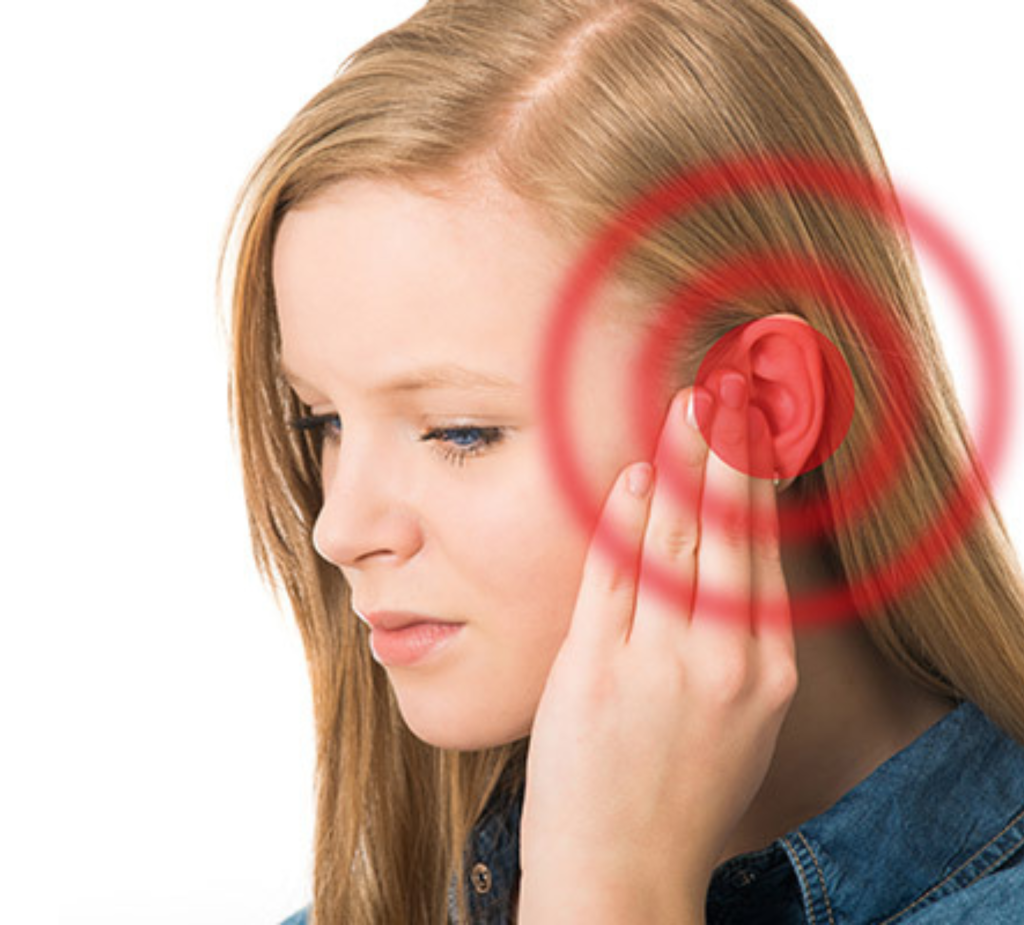Tinnitus is characterized by hearing ringing, buzzing, or other sounds in the absence of external noise. It can result from exposure to loud sounds, ear infections, or underlying health conditions. While there is no cure, various management strategies, including sound therapy and counseling, can help individuals cope with the effects of tinnitus.
Prevalence: Affects about 10–15% of the population
Types:
Subjective Tinnitus (most common): Only the person hears the sound
Objective Tinnitus (rare): A clinician can also hear the sound, usually caused by internal body sounds

There’s no universal cure, but many strategies help manage tinnitus:
Remove earwax
Manage blood pressure
Adjust or stop medications
Treat hearing loss
Combines sound therapy with counseling
Helps reduce distress and improve coping
White noise machines
Background music or nature sounds
Hearing aids with masking features
No drug cures tinnitus, but antidepressants or anti-anxiety meds may help reduce stress and improve sleep
Avoid loud noises; wear ear protection
Reduce caffeine and alcohol
Practice stress-reduction techniques (yoga, meditation)
Get adequate sleep
Stay active and engaged
A4 Clinics is a chain of clinics that provides advanced technology-enabled rehabilitation for patients with BRAIN DISEASES. This is the brain-child of Dr. Abha Agrawal, MD, FACP, FACHE (USA).
Copyrights © 2015-2025 All Rights Reserved by A4 Clinics Pvt. Ltd.